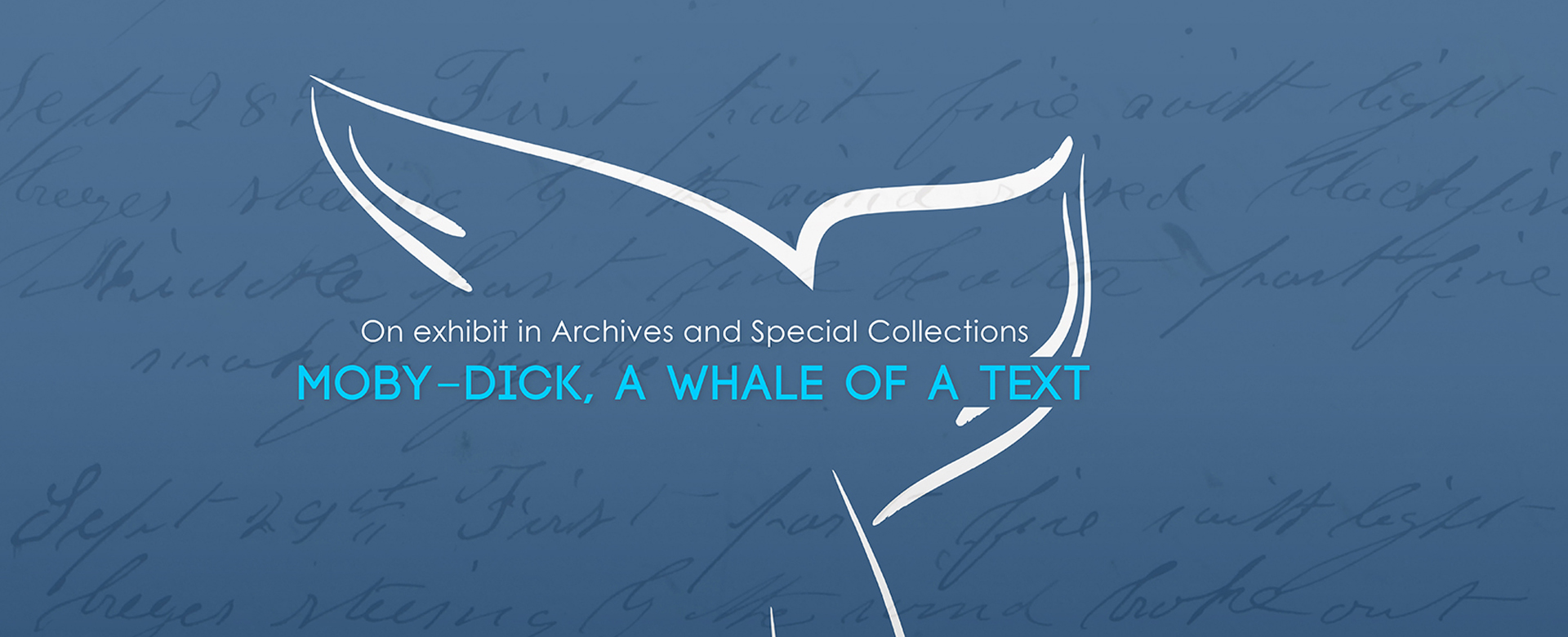
Archives & Special Collections Gallery Exhibit
Preview

Creation Date
Fall 2014
Description
Artifact Label:
Immanuel Kant (1724-1804)
Critick of Pure Reason
London: William Pickering, 1848
Melville’s exposure and understanding of Kant came primarily by way of Romantic poet, philosopher and literary critic, Samuel Taylor Coleridge, who infused Kantian philosophies into his own work. Kantian philosophies stood in opposition to Locke’s empiricism. Empiricism argued that knowledge comes entirely from experience and evidence. Kant, on the other hand, argued there are innate forms of knowledge. This was based, in part, on his belief that objects in the world conform to the human mind and, therefore, pure objectivity is not possible.
In chapter 73, “Stubb and Flask Kill a Right Whale and Then Have a Talk Over Him,” the head of a hunted right whale is hoisted on one side of the Pequod in order to balance out the wait of a sperm whale’s head already hanging from the ship. This humorous moment plays both on the contradiction of Kant versus Locke as well as plays into the idea that both philosophies create a kind of unnecessary weight. Melville writes:
“So, when on one side you hoist in Locke's head, you go over that way; but now, on the other side, hoist in Kant's and you come back again; but in very poor plight. Thus, some minds for ever keep trimming boat. Oh, ye foolish! throw all these thunder-heads overboard, and then you will float light and right.”



